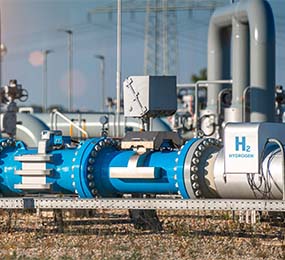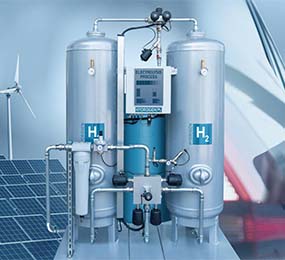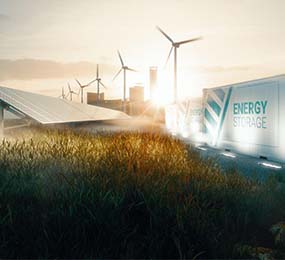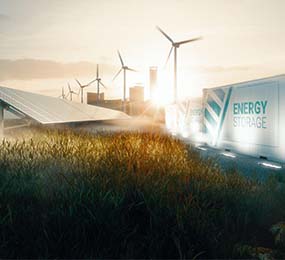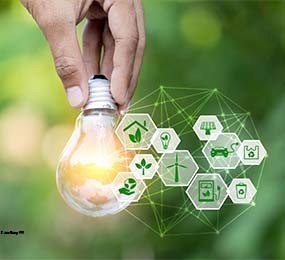The Future of Fuel Cells in Europe: Advancements and Prospects
Fuel cells are a promising alternative to traditional fossil fuels, offering high efficiency, low emissions, and flexibility. In Europe, fuel cell technology has been increasingly gaining momentum, with several advancements and prospects on the horizon.
Advancements in Fuel Cell Technology
Fuel cell technology has been evolving over the years, with several advancements being made in Europe. One of the significant advancements is the development of high-temperature fuel cells, which offer several benefits, such as improved efficiency, lower costs, and longer life span. Solid oxide fuel cells (SOFCs) are a type of high-temperature fuel cells that have gained popularity in Europe, primarily due to their efficiency and compatibility with a wide range of fuels, including natural gas, biogas, and hydrogen.
Another significant advancement is the use of fuel cells in transportation, especially in the automotive industry. Several European countries have been actively promoting fuel cell vehicles (FCVs) and building hydrogen refueling infrastructure to support their adoption. The European Commission has also launched several initiatives to support the development of hydrogen infrastructure, such as the Fuel Cells and Hydrogen Joint Undertaking (FCH JU) and the Connecting Europe Facility (CEF).
Challenges Facing Fuel Cell Adoption
Despite the advancements in fuel cell technology, there are still several challenges facing their adoption in Europe. One of the significant challenges is the cost of fuel cells, which is still relatively high compared to conventional energy sources. The high costs of fuel cells are mainly due to the materials used, such as platinum, which is an essential component of the catalyst in fuel cells. The high cost of platinum limits the scalability of fuel cell technology, making it challenging to achieve widespread adoption.
Another significant challenge is the lack of infrastructure to support the deployment of fuel cell technology. For instance, the availability of hydrogen refueling stations is still limited, making it challenging for FCVs to travel long distances. Moreover, the cost of building hydrogen refueling infrastructure is high, and it requires significant investments, which may not be feasible for many countries.
Opportunities for Fuel Cell Adoption
Despite the challenges facing fuel cell adoption, there are several opportunities for fuel cells in Europe. One of the significant opportunities is the growing demand for clean energy and sustainable transportation. As countries seek to reduce their carbon footprint and meet their climate goals, fuel cells offer an attractive solution for reducing emissions and achieving energy efficiency.
Another significant opportunity is the potential for fuel cells to support the integration of renewable energy sources. Fuel cells can be used as a complementary energy storage solution, enabling the storage of excess energy from renewable sources such as wind and solar. This would enable the deployment of more renewable energy sources, which would help countries achieve their renewable energy targets.
Fuel cells are a promising alternative to traditional fossil fuels, offering several benefits, including high efficiency, low emissions, and flexibility. In Europe, fuel cell technology has been increasingly gaining momentum, with several advancements and prospects on the horizon. However, the adoption of fuel cell technology is still facing several challenges, such as high costs and limited infrastructure. Nevertheless, the growing demand for clean energy and sustainable transportation offers several opportunities for fuel cells in Europe, making it an area worth watching.
Visit our website to know more: https://www.leadventgrp.com/events/future-fuels-europe/details
For more information and group participation, contact us: [email protected]
Leadvent Group - Industry Leading Events for Business Leaders!
www.leadventgrp.com | [email protected]


